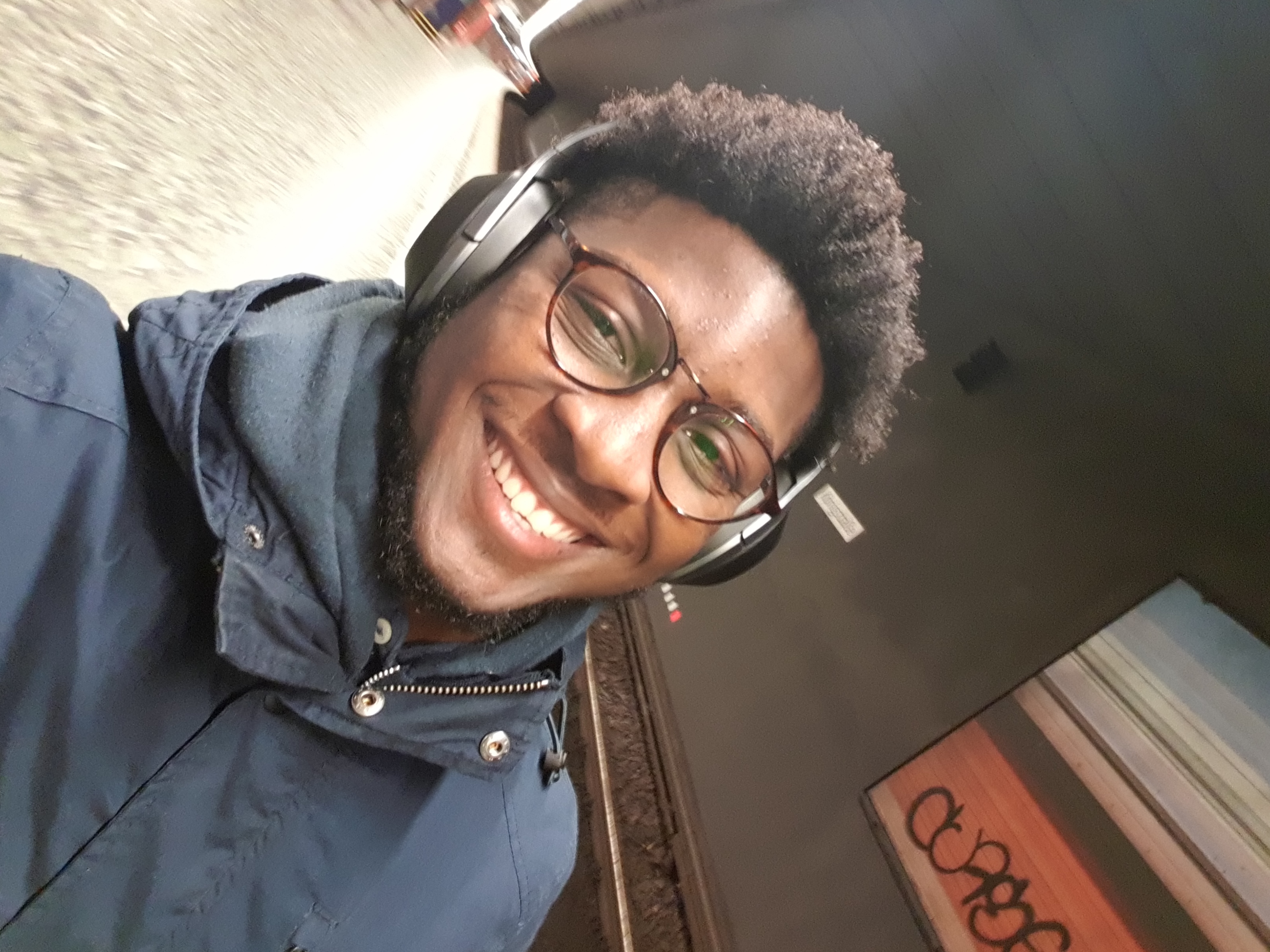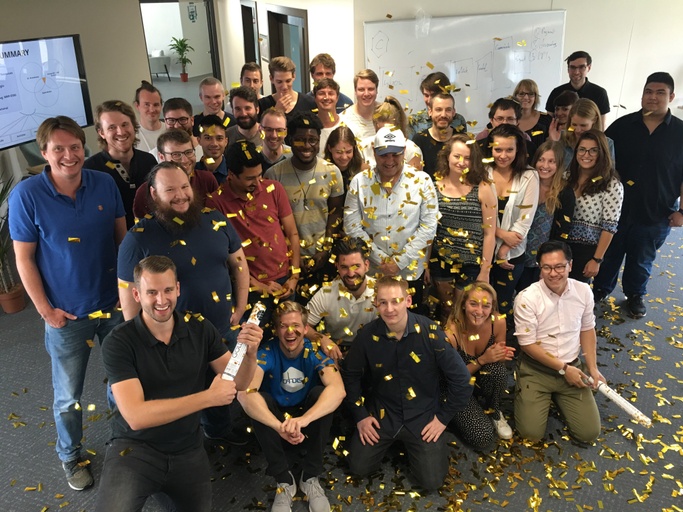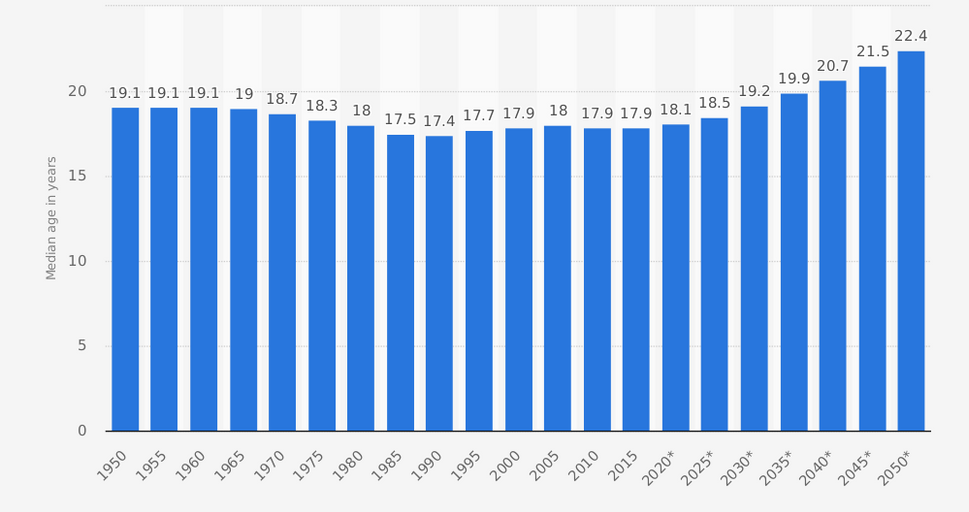Nigeria’s tech scene is undergoing an exodus. Software developers are leaving the country in search of greener pastures abroad. However, what exactly does ‘green pastures’ look like for engineers seeking opportunities elsewhere and does it come without challenges?
We spoke with Lagos-born Adebayo Adesanya, a software engineer that says he slays code dragons, who went from working with Andela in Lagos to joining the tech team of Berlin-based Candis, a firm that automates accounting processes, in September 2018.
Adebayo studied Management Information Systems at university and started his professional career in software development at Seamfix Nigeria in 2012. He later moved to L5 Labs and Konga before landing at Andela in 2017.
In six years, he worked four different jobs. Yet his motivation to leave each job was never for more money. His increase in pay was usually marginal. He was more interested in finding new challenges. But, according to Adebayo, “There are no awards for long service.”
So although he had never been gung ho about living abroad, he began to seriously consider moving.

Adebayo Adesanya
“My role [at Andela] was a mix of managerial and mentorship responsibilities. I was working mostly with young developers to ensure growth and I was at a stage where I needed to challenge myself even more as a software engineer,” he remembers.
He had offers from prominent tech companies in Nigeria, but didn’t think any of them could fulfil his career needs. He felt as if he had essentially seen all they had to offer and thought a gig outside Nigeria would expose him to new experiences and increase his earning potential.
He started his search with several different companies outside Nigeria, including Facebook. He got an interview and passed through a few stages of the hiring process, but, in the end, it didn’t work out.
That’s when he signed up on Honeypot, a job platform where companies in Europe regularly hire developers. Two firm offers came from German companies. He settled for Candis.io in Berlin because, as he explains, “The product was both interesting and challenging, and the team seemed like a great one to join.”
Even though Adebayo’s work experience was solid, before leaving he had jitters about starting his new job in a new country. He worried about being able to compete on the same level with international peers. But this wasn’t enough to stop him from getting on the plane.
It’s been six months since he moved to Berlin and his time has been full of interesting experiences, including working on a diverse team with people from across the world. This has helped him realise that tech and talent are the same globally, minus a few cultural nuances.

Adebayo with his colleagues at Candis in Berlin, Germany. (Source: Adebayo Adesanya)
Despite the diversity of the team, Adebayo is still the only black person out of the approximately 70 employees working at Candis, yet he’s comfortable being the odd man out. “I joke at work that I don’t have to do anything to stand out, I stand out by default,” he shares with a laugh.
Living in Berlin does take some adjusting though. Adebayo finds the early nightfall that comes around 4PM during winter–three hours earlier than Lagos–is a challenge. He is also working on getting used to the reactions he gets on the streets of Berlin in response to his skin colour.
In general, life has been good for the migrant software developer, despite racist encounters or gloomy winter skies.
“I had a good life in Lagos because I could afford to buy it,” he says of his living in upscale Lekki, but insists Berlin is better. “I don’t have to worry about frustrating power failures, security issues or traffic situations.”
He’s also not alone in the foreign land, having found a network of developer friends from the small community of Nigerians discovered in Berlin.
But Germany is not necessarily paradise for Adebayo. From his observations, Germany is extremely bureaucratic and this may explain why the country is only just now adopting digital innovations that have been popular in Nigeria for several years, especially in regards to fintech. “Money transfers between banks sometimes take up to two days, unlike instant money transfers that are commonplace in Nigeria.”
He attributes the bureaucracy to an ageing population. Germany had a median age of 45.9 in 2015, while Nigeria’s average population is much younger at around 17.9 during the same period.
Average age of Nigeria’s population from 1950 to 2050 (median age in years)

Source: Statista
Despite what seems to be a better life in Germany, Adebayo still plans to return home to Nigeria in the future. Perhaps the day will come when Nigeria will have a mass homecoming for her software engineers and her “pastures” will be green enough to retain local tech talents.
The post A Tale of Two Cities with Senior Software Engineer Adebayo Adesanya appeared first on TechCabal.
from TechCabal http://bit.ly/2GrR7w9
via IFTTT

Write your views on this post and share it. ConversionConversion EmoticonEmoticon